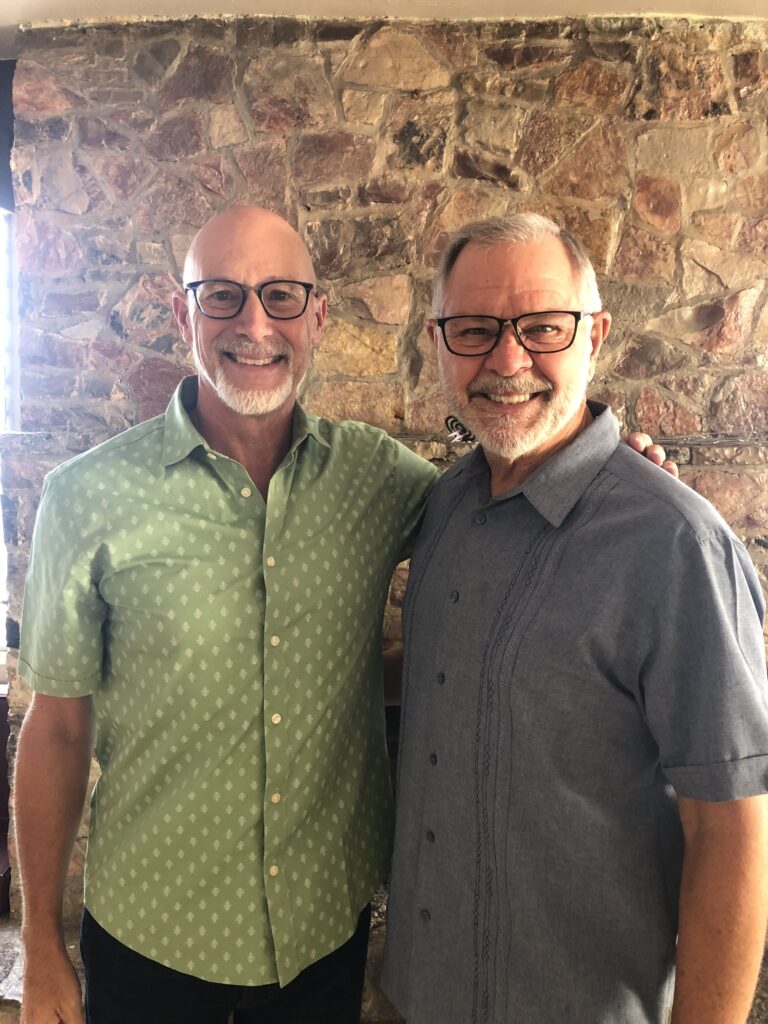Thanks to the leadership of Calvary Bible Church in Mount Joy, PA, Michele and I enjoyed a summer sabbatical. The bad news is it’s officially over; I am headed into my first normal Saturday evening and Sunday morning since May! Lord have mercy!!
However, being away from church duties for those weeks allowed me to write two books.
First, I was able to complete, Preacher As Soul-Watcher: Why You and Your Congregants Need Your Sermons. It’s a theology of preaching in the local church based upon Hebrews 13:17 and 1 Timothy 4:13-16. That book is now available through Amazon in e-book format. The paperback version should be available in a few days.
Second. I have completed the first draft of, The Monday Morning Expositor: Rethinking Your Study Sequence For Sermon Development. Lord willing, it will become available in a week or so. That book is a practical guide for a preacher’s first few hours in the study. It focuses on a reversal of the normal process we learned in seminary. I call these four elements, pre-exegesis. They provide a big-picture look at the preaching portion that becomes the backbone for collecting normal exegetical data.
Back to the first book for a moment. One of my favorite sections in, Preacher As Soul-Watcher, is the exposition of 1 Timothy 4:13-16. Verse 15 ends with a surprise:
“…so that all may see your progress.”
In the book I write, “For some reason it is important for our parishioners to see us advancing….It is important that soul-watchers improve with respect to their faith-journey and ability to minister to God’s people.”
Later I quote Fee’s explanation: “By Timothy’s being a faithful minister of the word of the gospel, the people will be able to see the real thing.” (Fee, 1 and 2 Timothy, Titus, p. 109, emphasis added)
On July 18, 2024 the WSJ ran an article, Sellouts, Streaming Put Country Atop The Music Business. What caught my attention was how popular Country music is right now and why. Back in June, the country music legend, George Strait, broke a record for most tickets sold at a U.S. concert (more than 110,000!).
And the “why?” One singer, Megan Moroney, said
“Authenticity is selling right now.”
The real thing.
Tomorrow morning, Lord willing, I will enjoy the privilege and responsibility of delivering the real thing. Authentic preaching.
That means believing what God is saying to us in Matthew 13:31ff.
That means living like I believe it.
That means communicating it is a way that conveys I believe it and live it.
May our Lord receive glory in the church and in Christ Jesus (Ephesians 3:21) as you and I go to work Sunday morning.
Randal











